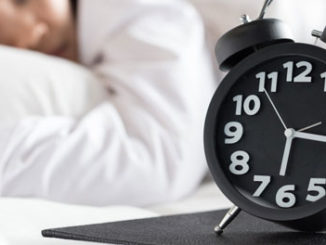Daytime Sleepiness May Be Result of Epigenetic Change
Sleep is one of the most important factors in maintaining a healthy lifestyle. For most of us, it’s our favorite activity, yet we somehow never get enough of it. Sleep deprivation can lead to weight gain, memory problems, and increased fatigue throughout the day. It turns out that feeling sleepy during the day may be a separate issue, and could be attributed to a change in a person’s epigenetics. Daytime fatigue creeping up so persistently that people can’t stay awake [more…]







